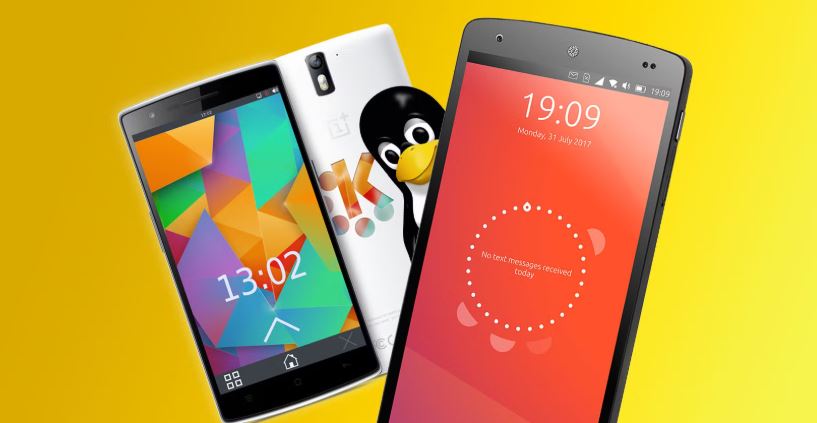Linux is a popular open-source operating system widely used on servers and desktops. Its flexibility and customization options have led developers to explore Linux-based operating systems for mobile devices, aiming to offer alternatives to Android and iOS.
Popular Linux Mobile Operating Systems
Ubuntu Touch
Developed by UBports, Ubuntu Touch focuses on privacy, security, and open-source principles. It offers a gesture-based interface and is compatible with a range of devices, but app availability is limited compared to mainstream platforms.
PostmarketOS
PostmarketOS aims to provide long-term support for smartphones by using a mainline Linux kernel. It emphasizes performance and battery efficiency, targeting older devices that are no longer supported by manufacturers.
Plasma Mobile
Plasma Mobile, based on KDE technology, offers a full-featured Linux environment for smartphones. It is highly customizable and suitable for users familiar with Linux desktops.
Advantages of Linux Mobile OS
Privacy and Security
Linux mobile OSs often prioritize user privacy, reducing data tracking and minimizing unnecessary background services.
Customization
Users have control over almost every aspect of the system, from the user interface to installed applications. This is ideal for tech enthusiasts who enjoy tailoring their devices.
Longevity
Linux-based mobile systems can extend the lifespan of older smartphones by providing updates and support long after manufacturers stop official updates.
Challenges and Limitations
App Ecosystem
One of the biggest hurdles is the limited availability of popular apps like social media, banking, and streaming services. Many Linux mobile OSs rely on web apps or alternative software.
Hardware Compatibility
Not all smartphones support Linux-based OSs. Drivers for cameras, sensors, and radios may be incomplete or unstable, affecting the overall experience.
Learning Curve
For users accustomed to Android or iOS, Linux mobile interfaces can feel unfamiliar and require time to adapt.
Is Linux a Viable Alternative?
Linux mobile operating systems offer an exciting option for tech-savvy users prioritizing privacy, longevity, and customization. However, for mainstream users who rely heavily on app ecosystems and stable hardware support, Linux may not yet be a practical replacement.
Conclusion
While Linux on mobile is promising, it’s currently best suited for enthusiasts and developers rather than the general consumer. With ongoing development and community support, Linux mobile OSs could become a more viable alternative in the coming years, challenging the dominance of Android and iOS.





